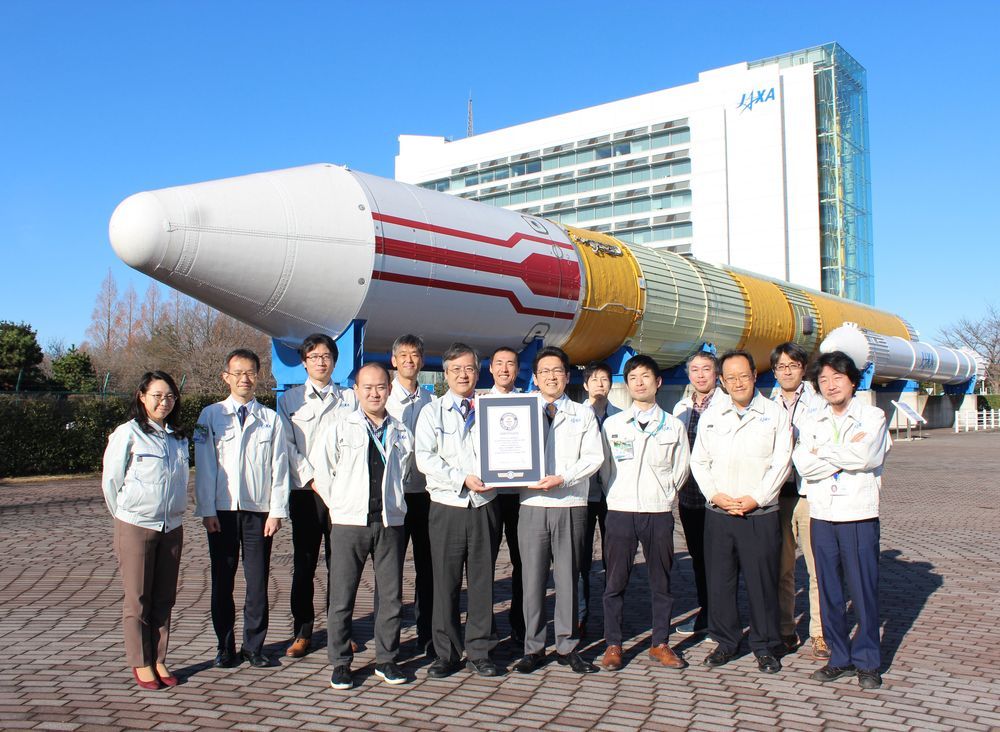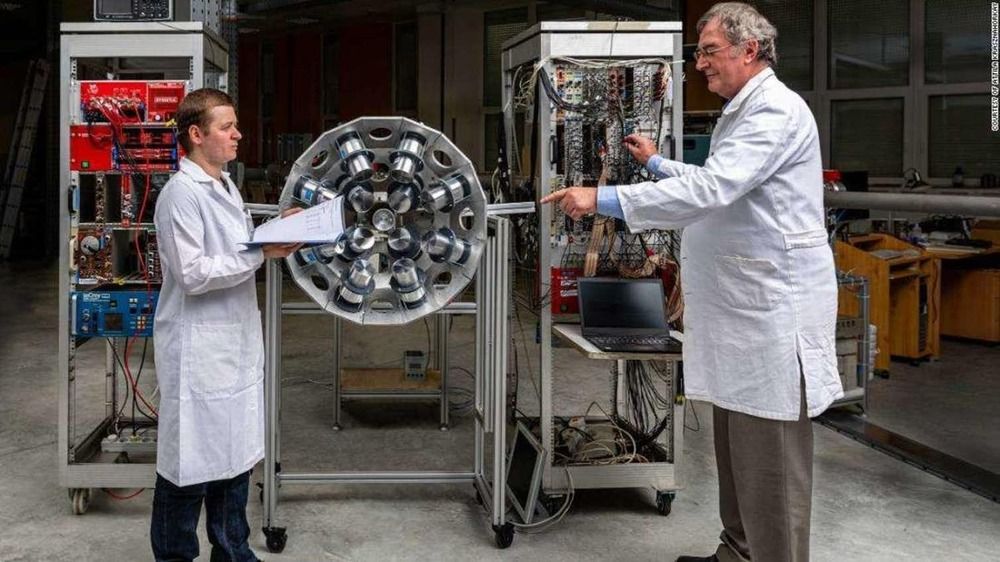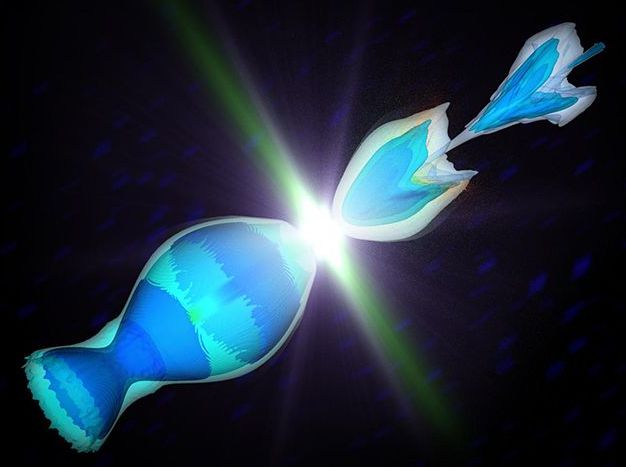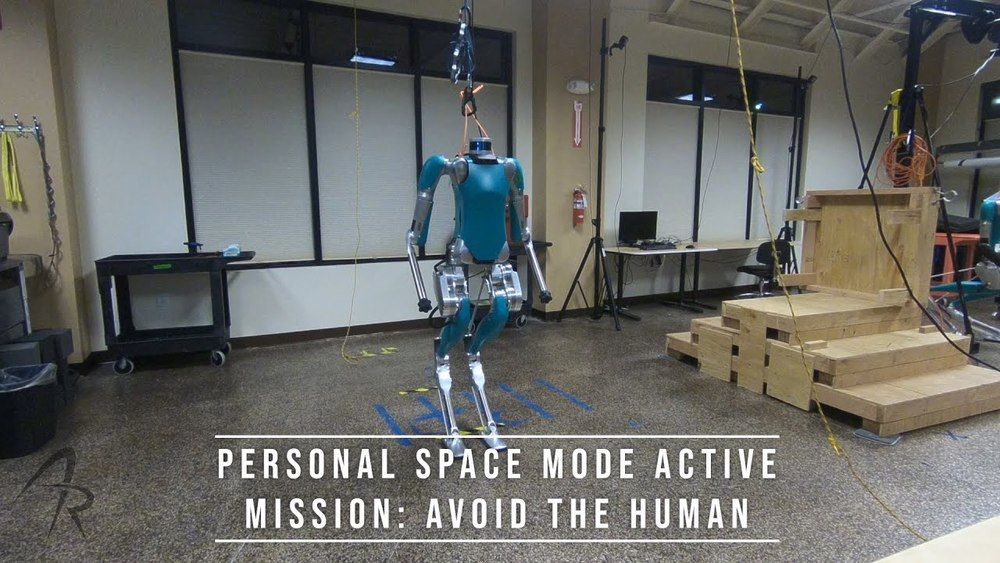Dec 26, 2019
Japanese satellite sets low altitude record
Posted by Genevieve Klien in category: satellites
The Guinness Book of World Records has awarded the Japan Aerospace Exploration Agency (JAXA) the official record for the lowest altitude achieved by an Earth observation satellite. During its mission from December 23, 2017 to October 1, 2019, the Super Low Altitude Test Satellite (SLATS) “TSUBAME” reached a suitably super-low altitude of 167.4 km (104 mi).
Earth observation satellites are excellent platforms for learning more about our planet, but what makes them so effective is also one of their major disadvantages. Because they sit in low-Earth orbit at up to 2,000 km (1,200 mi), they can observe large areas of the Earth’s surface. Unfortunately, being at such an altitude means that the resolution of the images that can be captured is limited.
The TSUBAME mission was designed to test the feasibility of placing satellites in super-low altitudes between 200 and 300 km (120 and 190 mi), where they can capture high-resolution images. The problem is that the highly tenuous atmosphere at that altitude produces a thousand times more atmospheric drag than higher altitudes, and the atomic oxygen present can cause spacecraft to quickly deteriorate.


















